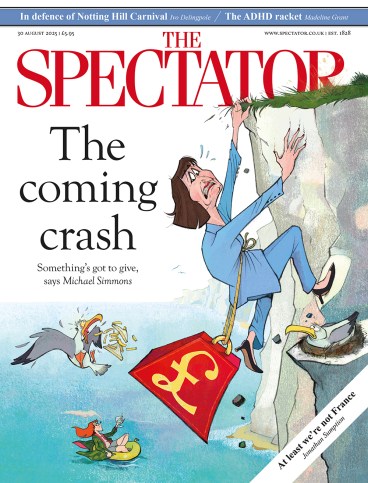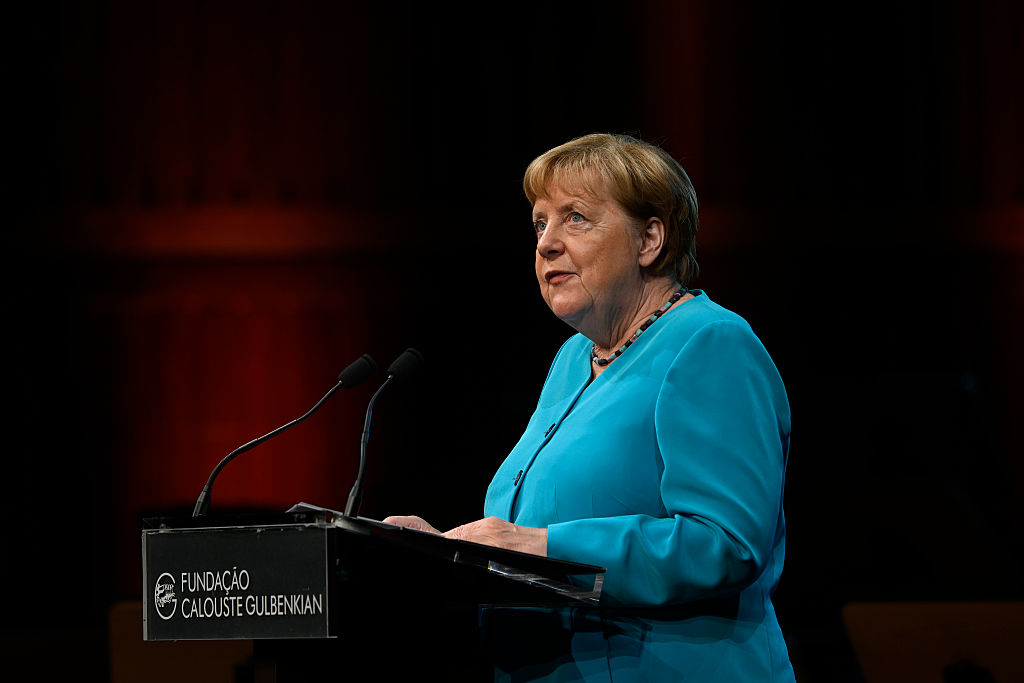
If there is a hallmark of Keir Starmer’s leadership, it is a willingness to bash the left. For five years, he has repeatedly sided with his moderate factions to make Labour electable. Corbynites have been purged from parliament and the party machine. Principles and policies have been changed to meet the electorate’s approval. Last summer’s election result appeared to vindicate the Prime Minister’s strategy. But with Starmer’s authority crumbling, the British left is aiming to reassert itself and wreak its revenge from outside, rather than inside, the Labour party.
‘This Labour government is here to appease Reform. We are here to defeat Reform’
Three groups pose a threat to Starmer. The first is the new ‘Your Party’, led by Jeremy Corbyn and Zarah Sultana. It has 800,000 sign-ups and hopes to launch formally in November. The second are the Gaza independents, whose four MPs want to exploit tensions within the Muslim electorate, one of Labour’s traditional voting blocs. Finally, there are the Greens, who are poised next week to elect their own charismatic left-winger as leader. Zack Polanski’s brand of eco-populism is aimed at disenchanted Labour progressives. ‘They’ve not left the Labour party,’ he says. ‘The Labour party’s left them.’
Enthusiasts for these projects talk excitedly about new political possibilities, citing an array of encouraging polls. YouGov suggests a fifth of the public could back a Corbyn-led party; nearly a third are willing to go Green. Others point to symptoms of a hunger for something different. They note the copies of socialist former trader Gary Stephenson’s The Trading Game flying off the shelves and the thousands marching for Palestine. They point to Zohran Mamdani, the New York mayoral candidate, as a template for articulating the rage of Britain’s millennials: angry, educated, indebted.
If such sentiments are to be exploited, the left has to organise effectively. The creation of ‘Your Party’ has been protracted, chaotic and confused. Sultana tweeted the announcement late one evening last month, much to Corbyn’s fury. Messages from his inner circle expressing their anger appeared in the Times. There was consternation not only over the fact the story had leaked – but that, shockingly, it had appeared in ‘the Murdoch press’. But Sultana’s announcement at least forced Corbyn’s hand. For five years, he has been mulling over a new party, unwilling or unable to give it the decisive direction it requires. There is still no fixed name for the new outlet, which is crowd-sourcing ideas on its website. ‘Votey McVoteface’, the ‘Judean People’s Front’ and ‘Sultana Splits’ have been among the names suggested.
The next few months will be important if the left is serious about making an impact at an electoral level. ‘Time is slipping away,’ warns one candidate. ‘We need to have started organising yesterday.’ The London and Birmingham council elections next May offer a golden chance for pro-Palestinian left-wing candidates. Mayoral elections are due in Lewisham, Newham and Tower Hamlets (whose mayor, Lutfur Rahman, has so far resisted entreaties to join forces with the others). Independent groups and figures are thriving at a local level: a symptom of voter discontent with the political mainstream. But unless disparate groups are corralled into an effective national force, any impact is likely to be limited.
Organisers cite noble principles behind their projects. Yet the dynamics are not just political, but personal too. Each of the three groups has grievances against Starmer and his allies. For Corbynites, it’s the original sin of posing as their hero’s successor, then – once elected – turning on him and everything he stood for. For the Gaza independents, it’s his stance on Israel. The Green party, meanwhile, has plenty of defectors. Its new spokesmen for business and equalities are both ex-Labour councillors, purged under Starmer. Polanski’s bid for the leadership is aided by the group Greens Organise, co-founded by Matt Zarb-Cousin, a former Corbyn spokesman.
After the treatment meted out to Corbyn and the left, many of these figures are looking forward to returning the favour. A council by-election in David Lammy’s seat in April attracted hundreds of Green voters, inflicting a bloody nose on a foreign secretary whose Middle East policy they hold in contempt. The seats of ministers, such as Shabana Mahmood, Jess Phillips and Wes Streeting, could well fall to independent candidates next time. Former Corbyn aide Andrew Murray has gleefully summarised Streeting’s prospects as ‘toast’.
Labour has to perform a balancing act between retaining the progressive vote and stopping the bleeding to Reform. There’s a left-wing case for supporting Labour – workers’ rights, renters’ reform, net zero, VAT on private schools – but ministers are reluctant to champion these issues publicly. Amid market warnings and a declinist narrative, Labour seems less a party of happy warriors, more one of unhappy worriers. Spending constraints can sometimes restrict the scale of ministers’ ambition. Rather than Attlee-esque visions of a ‘new Jerusalem’, weekly meetings of special advisers at No. 10 are more likely to focus on the cost of petrol, pet food and summer holidays.

For now, party aides take heart from their opponents’ disorganisation. Their rivals lack the kind of institutional basis in civic society which has been Labour’s traditional power base. Amid speculation that the Bakers’ Union will start funding ‘Your Party’, other trade unions affiliated to the Labour party remain solid – for now. But the increasing prominence of left-wing voices could threaten a key tenet of No. 10’s political strategy: trying to frame the next election around a progressive cordon sanitaire to shut out Nigel Farage.
The argument made by Corbyn, echoed by Polanski, is: ‘This Labour government is here to appease Reform. We are here to defeat Reform.’ The danger for Labour is that this line of attack may convince progressive voters that they should take their vote elsewhere. If that happens, then the carefully-constructed coalition on which Starmer won power last summer risks splintering – the latest twist in the never-ending war between the exiled Labour left and the embattled Labour right.









Comments